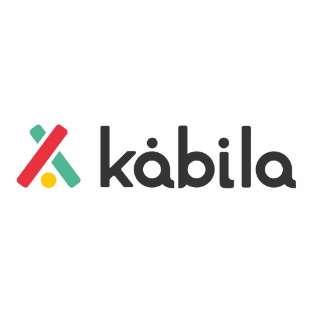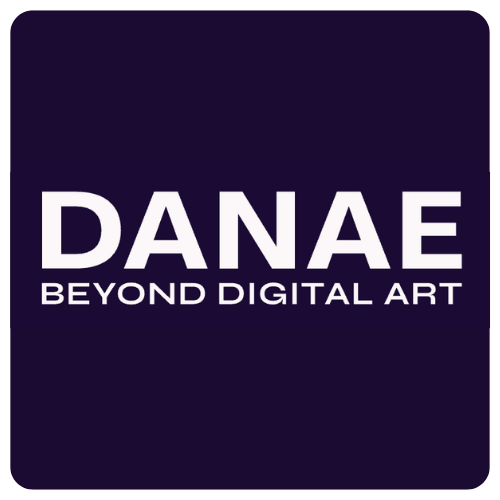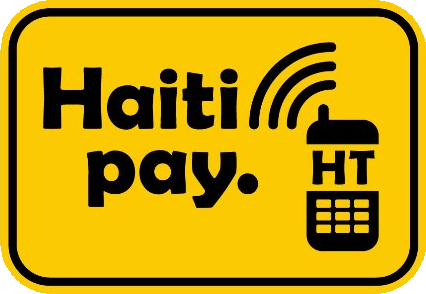
Kabila App
Kabila is a Web3 platform designed to empower digital creators by providing a comprehensive suite of tools for building and managing their own tokenized communities. Its mission is to simplify the process of launching a creator economy, making it accessible to a wide range of individuals and brands.
The core of Kabila's service is its no-code platform, which allows users to create and manage their own DAOs (Decentralized Autonomous Organizations), NFTs, and social tokens. The platform provides a full suite of tools for community engagement, including features for creating token-gated content, launching NFT collections, and managing governance proposals. This allows creators to build and monetize their communities without needing any technical expertise. The platform also includes a social feed and other tools to foster direct engagement between creators and their fans.
Kabila is built exclusively on the Hedera network. This integration is central to the platform's ability to offer a scalable, secure, and low-cost solution for its users. Kabila utilizes the Hedera Token Service (HTS) for the creation and management of all NFTs and social tokens, and the Hedera Consensus Service (HCS) to provide a transparent and auditable record of all DAO voting and governance activities.
Project Information
Related Projects

Danae is a digital art company that provides a platform for contemporary art within the Web3 space. Its primary focus is on curating and presenting high-quality digital artworks from established artists and galleries, merging traditional art world practices with new technologies.
The main service offered by Danae is its NFT marketplace, which facilitates the sale and authentication of contemporary art as non-fungible tokens. The platform's services include expert curation, ensuring that all works in its collection meet a standard of artistic excellence. A key feature is the use of blockchain technology to provide transparent and secure art authentication, making the provenance and ownership of a digital artwork easily verifiable. This allows collectors, galleries, and curators to connect and transact with a higher degree of confidence.
Danae's platform is multi-chain, with a direct integration with the Hedera network. The company utilises the Hedera Token Service (HTS) for the minting of its NFTs.
.png)
Cofra Holding is a privately owned global enterprise headquartered in Switzerland. Its portfolio spans several key sectors, managing a range of prominent businesses. These include C&A, a major international fashion retailer; Redevco, a real estate investment management company focused on sustainable urban properties; and Sunrock, a leader in developing large-scale solar energy projects. Cofra also maintains significant investments in sustainable food through the Arrobas Group and in private equity via Bregal.
Cofra joined the Hedera Governing Council in 2023. As a council member, Cofra operates a node and actively participates in the network's governance. The company actively leverages this position to explore the application of distributed ledger technology to enhance its core business functions. Key areas of interest include improving supply chain transparency across its retail and food businesses and investigating the tokenization of assets within its real estate and energy portfolios. This strategic involvement allows Cofra to pioneer DLT solutions that align with its sustainability and operational efficiency goals.

Chainabuse is a community-powered scam reporting platform operated by blockchain intelligence company, TRM Labs. It was launched in 2022 to give users a means to report and track fraudulent activity across the crypto ecosystem. The platform's mission is to make the digital economy a safer place by providing a centralized and public forum for sharing information about scams, hacks, and other malicious activities.
The core service of Chainabuse is a free-to-use, multi-chain reporting tool. It allows anyone to submit reports on illicit activities, including malicious crypto addresses, websites, and social media accounts. These reports are made public in a searchable database, creating a valuable resource for the community to proactively check for potential threats before engaging in transactions. By consolidating reports and enabling users to contribute additional information, Chainabuse helps to identify and expose larger fraud networks.
Chainabuse is a founding Hedera partner. Its platform supports the reporting of scams on the Hedera network, allowing users to flag malicious activity involving HBAR or other Hedera-based assets. This provides a critical layer of security for the Hedera community, enabling users to make more informed decisions and helping to protect the ecosystem from bad actors.

HaitiPay is a Haiti-based fintech company focused on digitalizing the country's economy and increasing financial inclusion for underserved communities. Its core services are delivered through an API-enabled digital banking platform. This includes a mobile wallet that is designed to be universal and telecom-agnostic, capable of turning even basic feature phones into electronic payment devices.
The platform facilitates a range of financial transactions, including local and cross-border e-payments and remittances. By enabling electronic payments, HaitiPay supports merchants in expanding their sales and provides a secure and traceable way for all users, from rural farmers to urban merchants, to access digital financial services.
In collaboration with EMTECH, a CBDC infrastructure provider, HaitiPay has developed a proof-of-concept for a potential Central Bank Digital Currency (CBDC) in Haiti. This solution is built on the Hedera public distributed ledger, chosen for its high throughput, low fees, and security. This integration is designed to lower the cost of payments and provide seamless access to digital cash.
